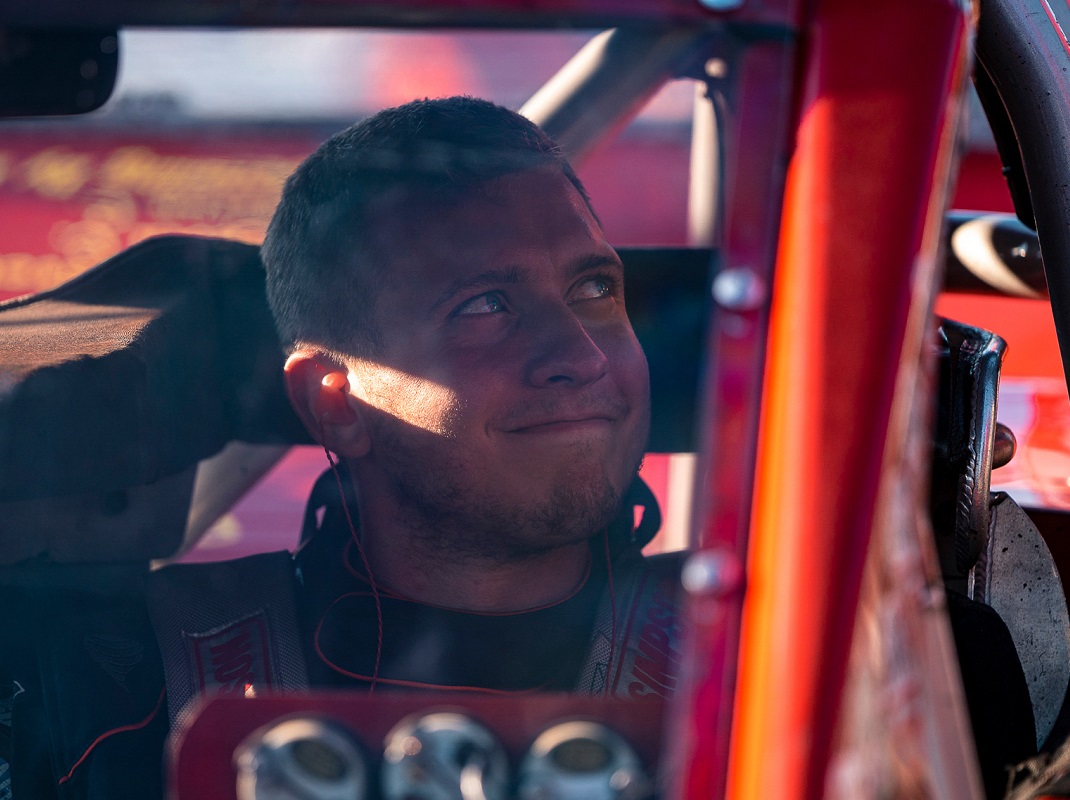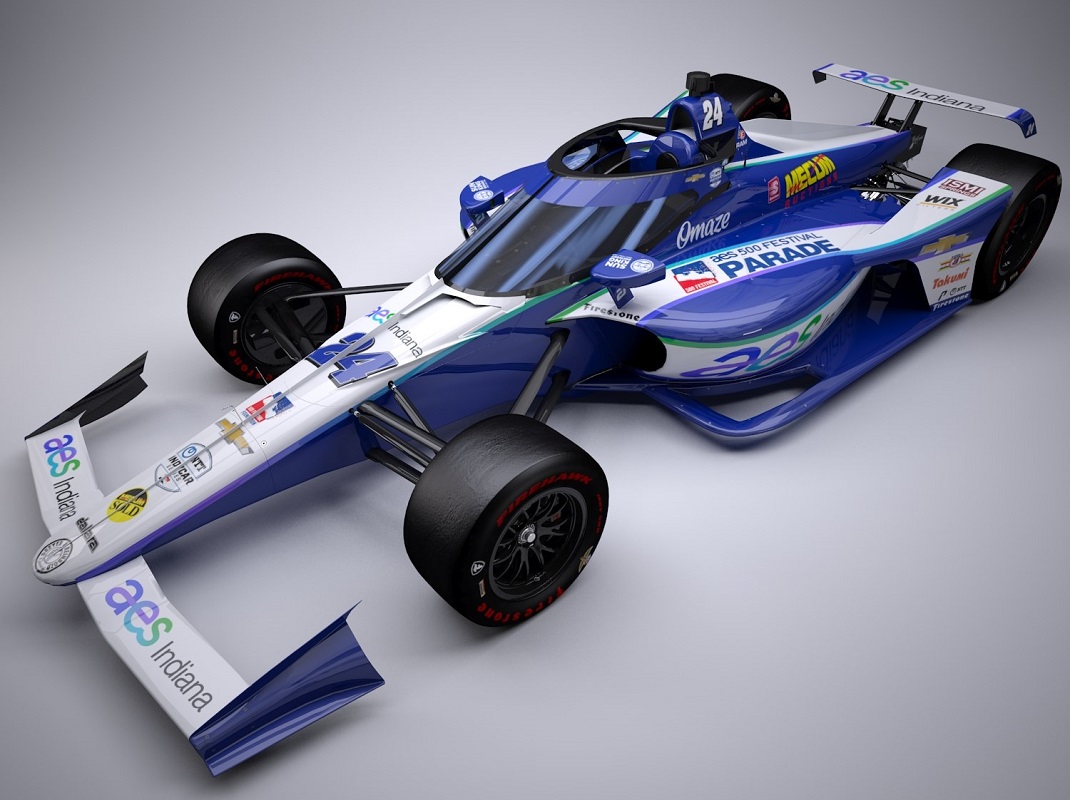
Teddy wasn’t the villain in 2008 though, not when he finally scored that elusive and long-awaited NASCAR Whelen Modified Tour championship.
The crystal bowl was the only major trophy that Teddy was lacking over the course of his legendary career, and he stomped the field en route to finally winning it. Four wins, 10 top-fives and 13 top-10s in 16 races was a season record that put him among the greats, and winning three of the final seven didn’t hurt either.
It was a moment that officially cemented him among the all-time best in the sport, and was respected by his peers much in the same way that Earnhardt’s 1998 win in the Daytona 500 was because TC just kept fighting until the job was accomplished. That was how he rolled.
In spite of all that, however; the biggest parallel between TC and Earnhardt that I see isn’t the sudden nature of their passing, or the immense record of wins, or even the aggressive nature of their similar driving styles.
It’s that both men were, quite simply, larger-than-life.
They were legends in their respective sports: Earnhardt at the NASCAR national level and Christopher at the regional and weekly short track level.
The duo were figures that were looked up to by all those future stars that came after them. They were the ones you wanted to be like, the ones that you aspired to compete against and the ones you could only dream of winning against.
Those who did go on to beat them were told, “You’ve done something pretty big.”
They became the faces of their respective pieces of the sport. They were icons; there’s no other way to describe it. Their impact on racers and race fans alike was so far-reaching, so immense and so deeply-rooted that it will forever be a part of their legacies.
Actually, let me restate that. It is their legacy.
Just like in 2001, our sport is grieving again. Like it was 16 years ago, that grief is on a national level, because of how many people Teddy touched, how many racers he mentored through his fierce competition on the track and how many friendships he was a part of along the way.
I may not have known him near as well as those he battled against in New England, but I got the chance to see him in multiple Tour races over the last five years and I knew full-well just by looking at his eyes that he still had all the fire, all the passion to win that he had in the early days of his career.
At the last race I saw him compete in, which came at Bristol Motor Speedway in August, I asked Teddy how — whenever he finally decided to hang up his helmet — he wanted his career to be remembered.
He grinned, and in typical TC fashion was short and to-the-point.
“I race to win, and I always have. If people remember that, then they knew Ted Christopher.”
Because of that philosophy, we all knew Ted Christopher, and I’d argue we’re all a little better off for it.
And just like The Intimidator, short track racing’s Intimidator will damn well never be forgotten.
There’s a pretty sizable faction of fans that will make sure of that.
The opinions expressed are those of the writer and do not necessarily reflect the views of Race Chaser Online, the Performance Motorsports Network, Scorpion Radio Group, their sponsors or other contributors.
About the Writer
 Jacob Seelman is the Managing Editor of Race Chaser Online and creator of the Motorsports Madness radio show, airing at 7 p.m. Eastern every Monday on the Performance Motorsports Network.
Jacob Seelman is the Managing Editor of Race Chaser Online and creator of the Motorsports Madness radio show, airing at 7 p.m. Eastern every Monday on the Performance Motorsports Network.
Seelman grew up in the sport, watching his grandparents co-own the RaDiUs Motorsports NASCAR Cup Series team in the 1990s.
The 23-year-old is currently studying Broadcast Journalism at Winthrop University in Rock Hill, S.C., and is also serving as the full-time tour announcer for the Must See Racing Sprint Car Series.
Email Jacob at: editor@racechaseronline.com
Follow on Twitter: @Speed77Radio or @JacobSeelman77
Email Race Chaser Online: news@racechaseronline.com
Follow RCO on Twitter: @RaceChaserNews



